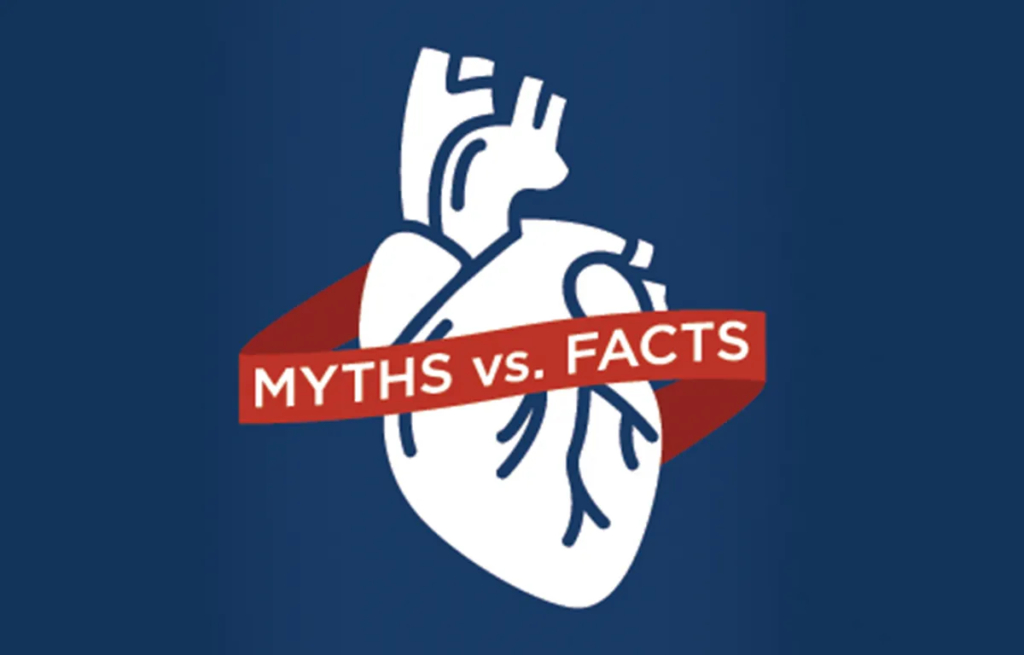Introduction:
Cardiovascular diseases continue to be a leading cause of mortality worldwide, prompting medical professionals like Dr. Bhasker Semitha to employ advanced surgical interventions such as bypass surgery. However, misconceptions and myths often surround such procedures, contributing to anxiety and misinformation among patients. In this blog, we will delve into the world of bypass surgery, clarifying common myths and presenting facts to help individuals make informed decisions about their cardiovascular health.
Myth 1: Bypass Surgery is Only for the Elderly

Fact: While it’s true that the risk of cardiovascular diseases increases with age, bypass surgery is not exclusively reserved for the elderly. Dr. Bhasker Semitha emphasizes that age alone does not determine the eligibility for bypass surgery. Rather, the decision is based on factors such as overall health, severity of the heart condition, and the patient’s ability to withstand the procedure.
Myth 2: Bypass Surgery is the Only Solution

Fact: Bypass surgery is a highly effective intervention, but it’s not the sole solution for every cardiovascular condition. Dr. Bhasker Semitha underscores the importance of a personalized approach to treatment. Lifestyle modifications, medication, and other less invasive procedures may be recommended based on the individual’s specific case. Bypass surgery is typically considered when other options prove insufficient in addressing the severity of coronary artery disease.
Myth 3: Bypass Surgery Guarantees a Heart Attack-Free Life

Fact: While bypass surgery significantly improves blood flow to the heart, it does not guarantee immunity against future heart attacks. Dr. Bhasker Semitha emphasizes the crucial role of post-surgery lifestyle changes, including a heart-healthy diet, regular exercise, and medication adherence. These factors play a pivotal role in preventing the recurrence of cardiovascular issues and maintaining overall heart health.
Myth 4: Bypass Surgery is Always Risky

Fact: Like any surgical procedure, bypass surgery carries inherent risks. However, advancements in medical technology and surgical techniques have significantly reduced the associated risks. Dr. Bhasker Semitha stresses the importance of thorough pre-surgical assessments to identify potential complications and ensure the patient is a suitable candidate for the procedure. With proper care and a skilled surgical team, the risks can be minimized.
Myth 5: Recovery from Bypass Surgery is Lengthy and Painful

Fact: While recovery experiences vary among individuals, advancements in surgical techniques and postoperative care have contributed to shorter recovery times and reduced pain. Dr. Bhasker Semitha highlights the importance of following the prescribed rehabilitation plan, which may include physical therapy and lifestyle adjustments. Many patients can resume their normal activities and enjoy an improved quality of life after a successful bypass surgery.
Conclusion:
Bypass surgery, as explained by Dr. Bhasker Semitha, is a critical and effective intervention in treating coronary artery disease. Dispelling myths surrounding this procedure is essential for empowering individuals to make informed decisions about their cardiovascular health. By understanding the facts and embracing a holistic approach to heart care, patients can work towards a healthier future with confidence in the guidance of skilled medical professionals.

